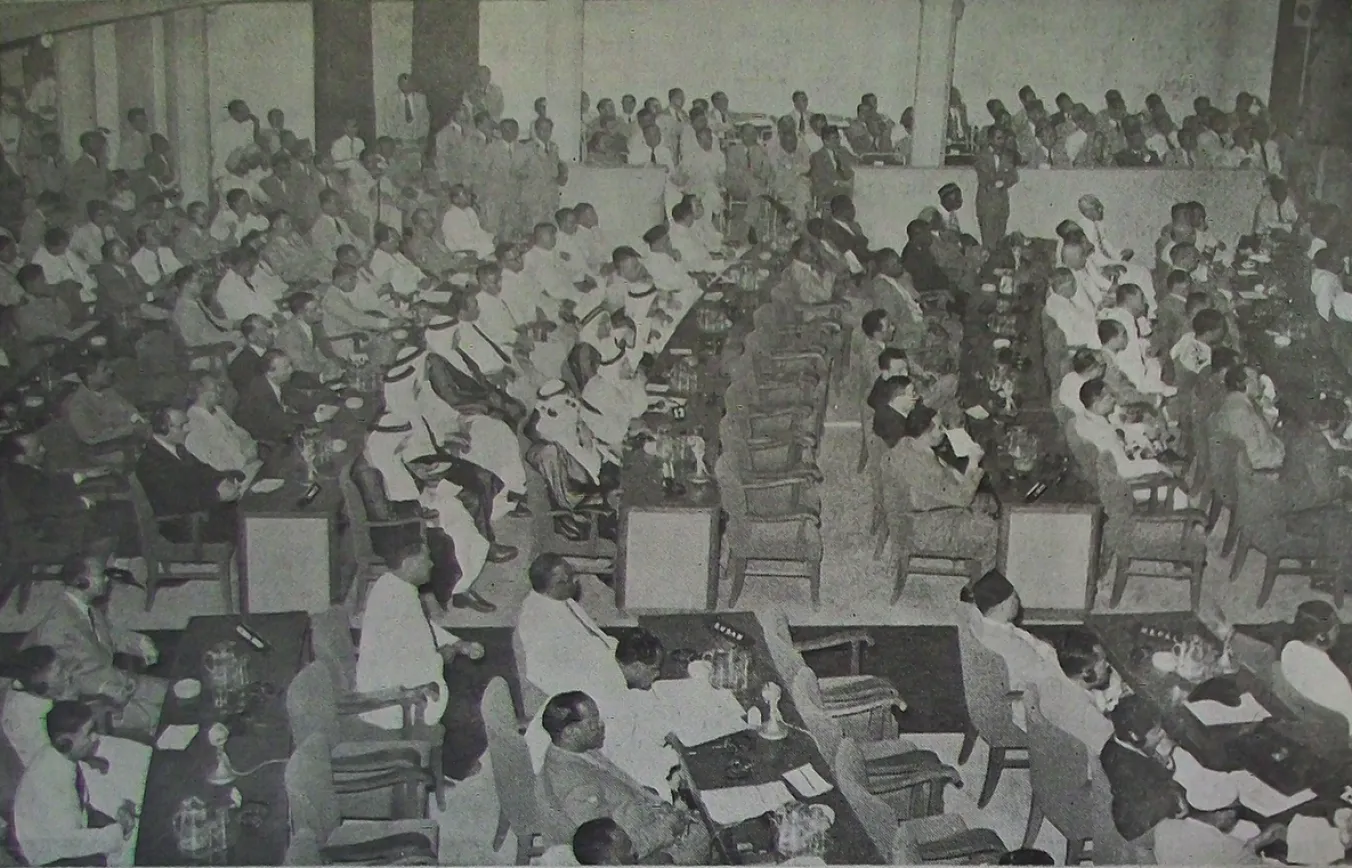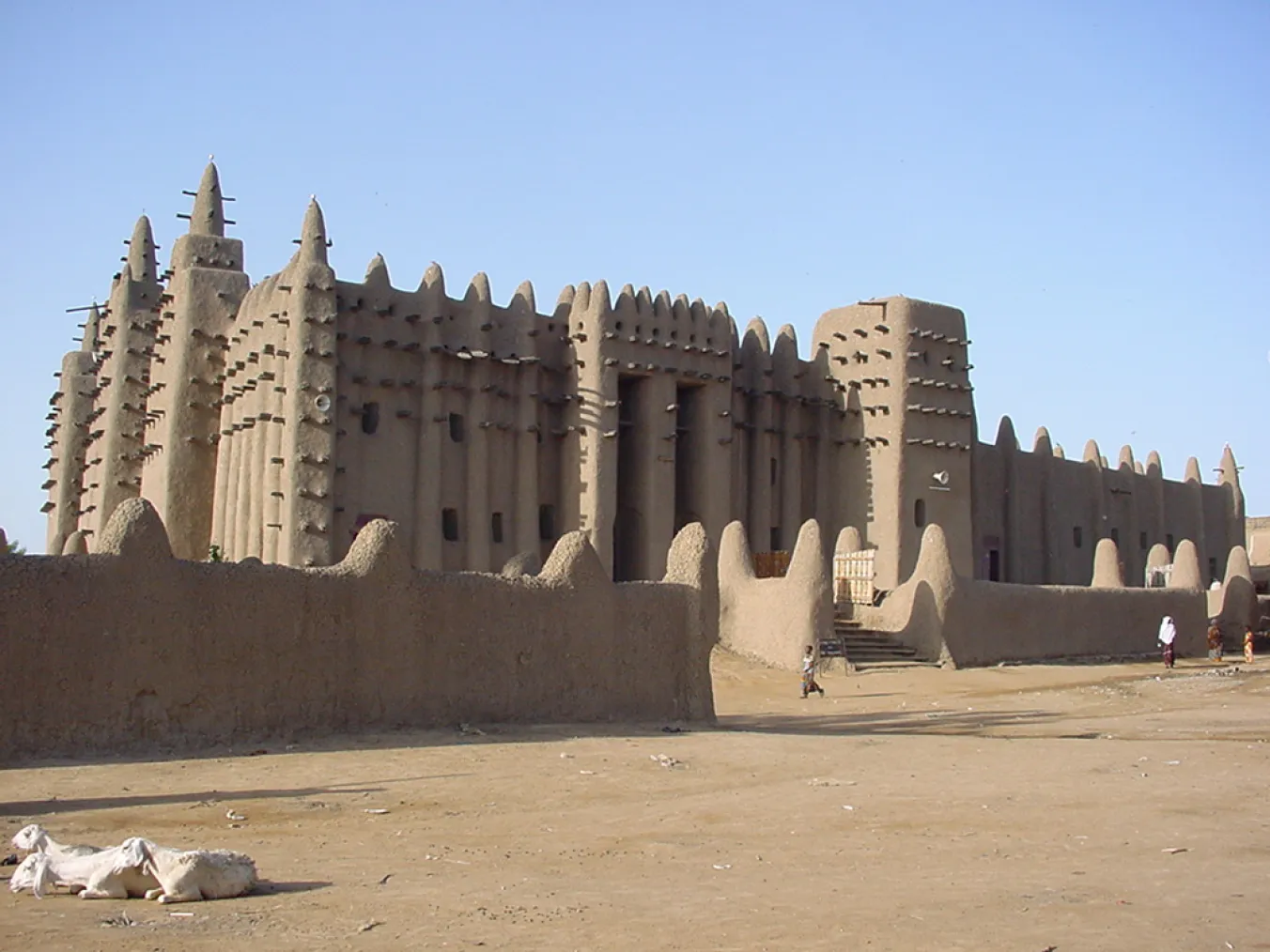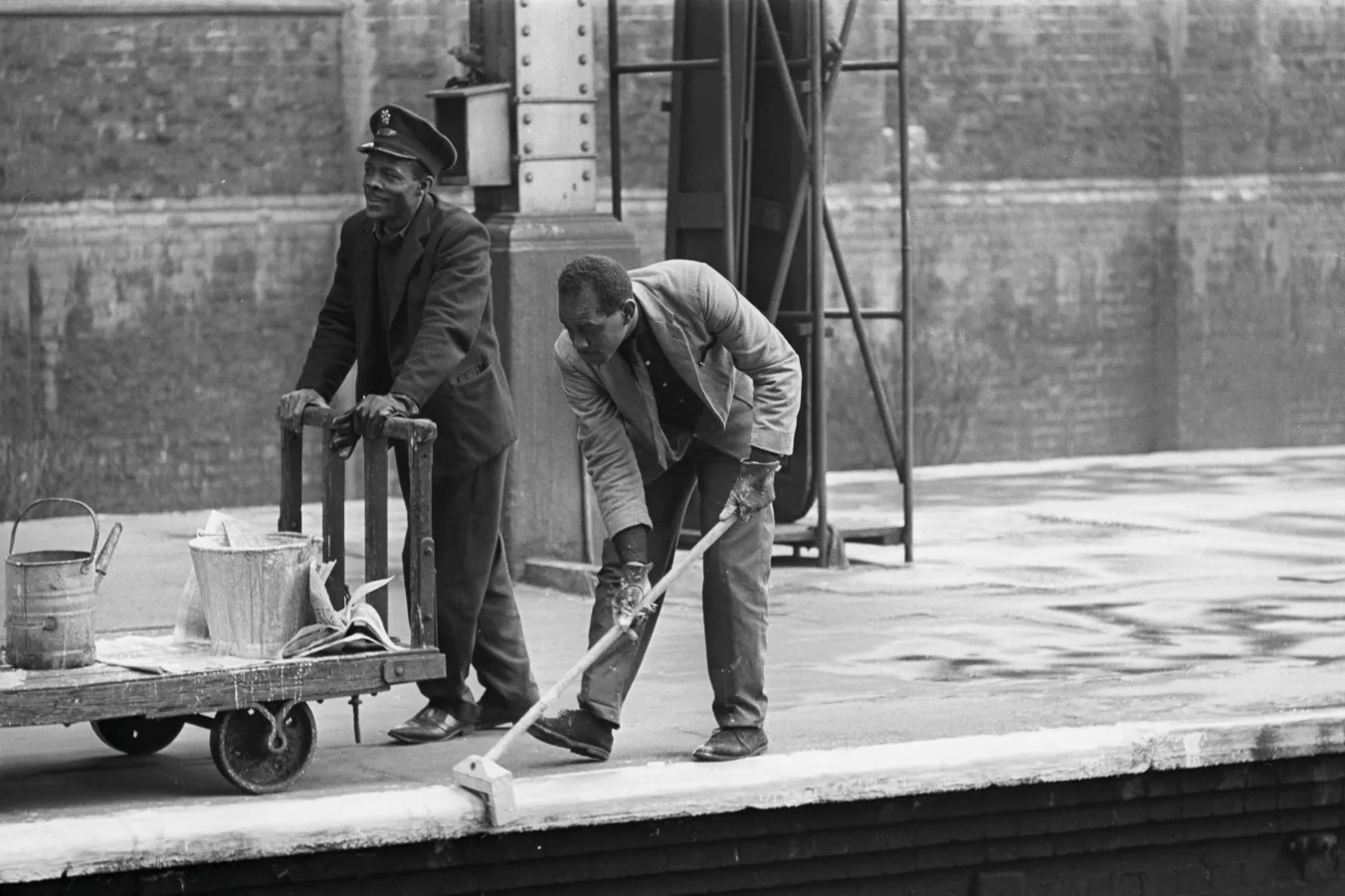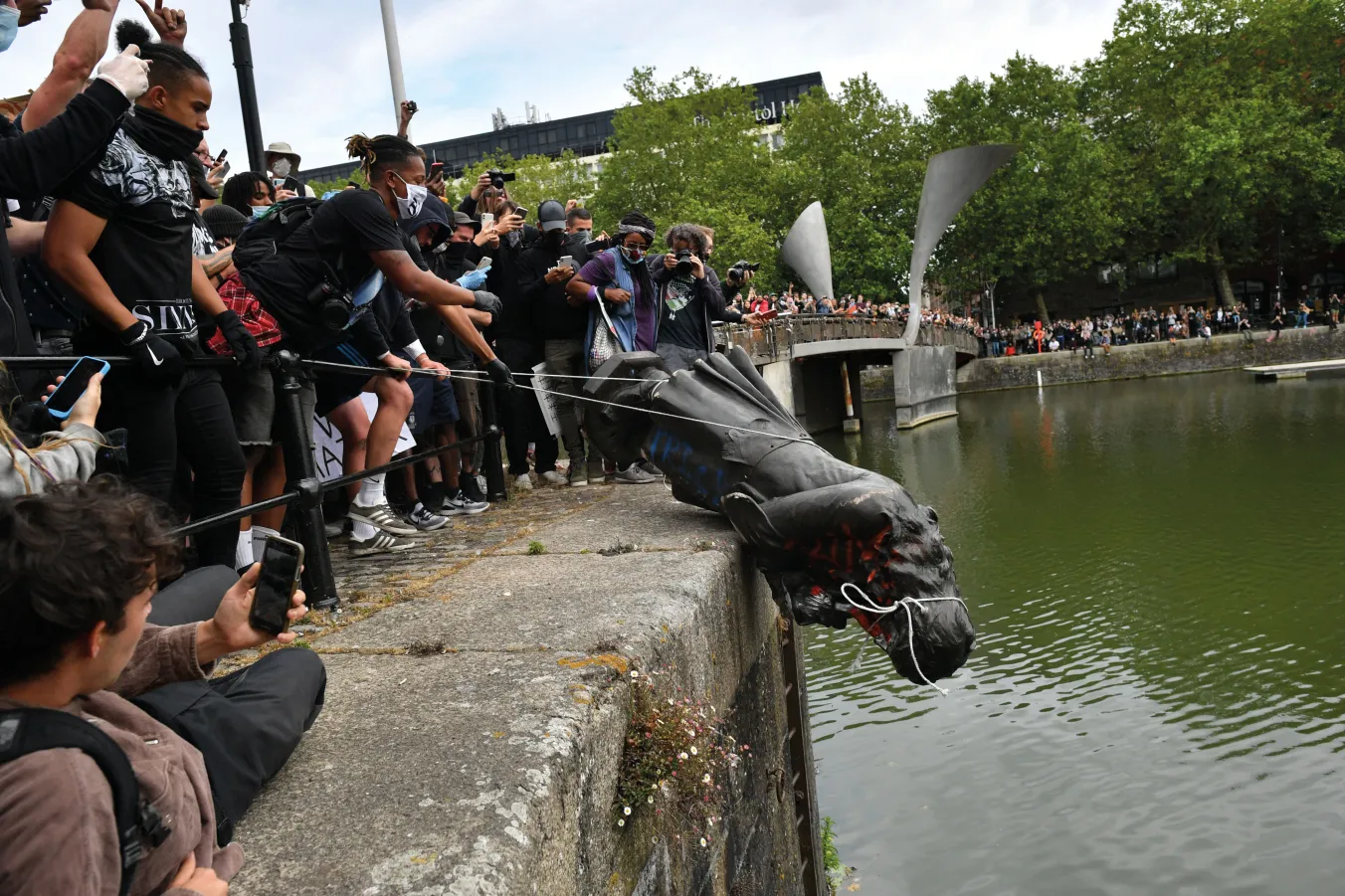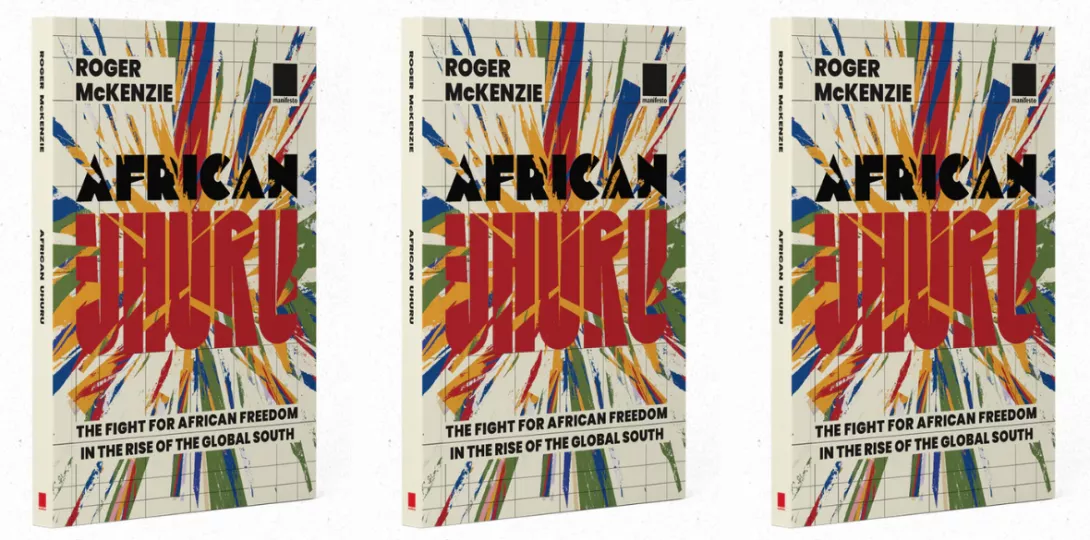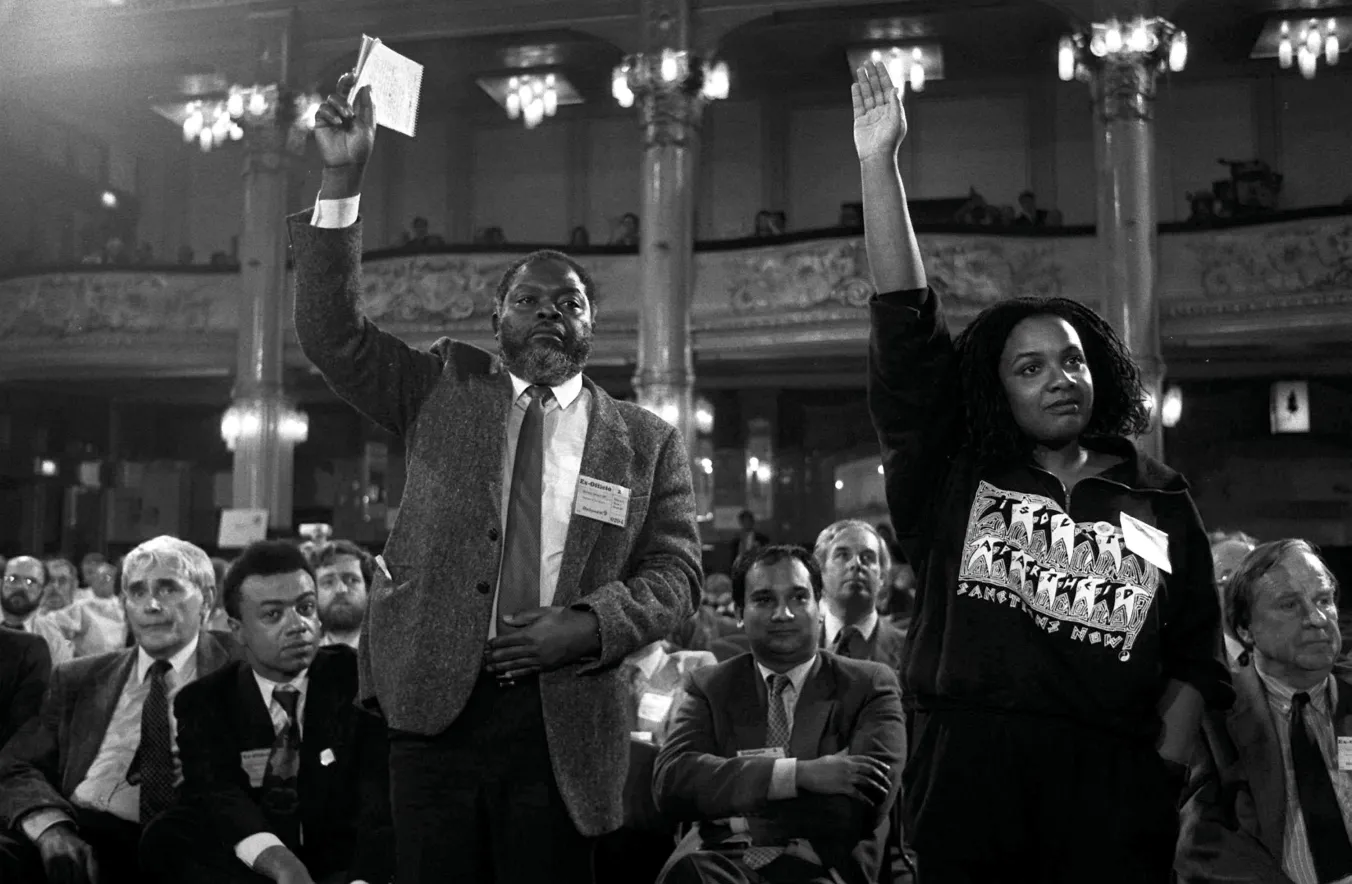
AFRICAN self-liberation groups began to substantially emerge as a force within British trade unions during the 1970s, and some of these achieved formal status during the 1980s.
The roots of what was now a multi-layered black liberation struggle in Britain in the 1970s, of which the trade unions were one arena, began in the 1960s — creating a long decade.
The challenge of the 1960s was essentially the same as it had always been — survival and resistance — at whatever level and by whatever means possible.
The ambition of the Windrush generation to create better opportunities for their children was in full flow during the 1960s.
The second generation (as we became known) was making its way through the school system and all the racism that it entailed at the time.
So for most African people in Britain whether in the workplace or simply trying to get an education, resisting racism, one way or another, was a matter of everyday life and not optional. It was this experience of racism that helped to frame the lives of those who entered the workplaces of the 1970s in the knowledge that there were likely to be few others who would stand alongside them.
The roots of African resistance to racism in Britain owed a debt far wider than the experience garnered on these shores. It was, as I have shown, a continued expression of the experience of anti-colonial resistance and the prior struggles of the Pan-Africanist movements.
There were no blank slates arriving in Britain during the Windrush years. The Imperial Typewriters strike of 1974 is often cited by trade unionists as a historic example of how the trade union movement rallied together to support a group of predominantly Asian workers in a workplace struggle.
The strike at Imperial began, rather appropriately, on International Workers Day, May 1 1974, when 39 workers walked out from the plant. Within a week the strikers at Imperial were followed by 500 others who walked out in support. The Asian workers went on strike in protest against their low pay — men averaged around £25 a week and women £18 — and the operation of the bonus scheme.
The focus of this book is around African rather than Asian workers but there are just a couple of points I want to draw from this important strike around the role of building communities of resistance after a strike that was ultimately lost and saw the plant close down.
Firstly, one of the key demands by the strikers was around representation. They wanted the right to elect their own shop stewards as members of the Transport and General Workers Union. Second was the way the workers’ grievances about racist treatment in the payment of wages were dealt with by the union.
The arrival of Thatcher
During a television interview in January 1978, just 10 years after the Powell “rivers of blood” speech, Margaret Thatcher said: “People are really rather afraid that this country might be rather swamped by people with a different culture.”
Thatcher also made it clear that a new Tory government would all but end black immigration. The 1980 Nationality Bill was the first shot in this new onslaught.
The subsequent 1981 British Nationality Act thoroughly redefined who was and, perhaps more importantly, who was not a British citizen.
The Act removed the right to British nationality simply on the basis of birth within the empire.
The White Paper published prior to the British Nationality Bill was revealing for its candour.
The White Paper said: “The government’s main uneasiness on this score is that allowing birth to confer citizenship on a child (of parents neither of who is a British Citizen and neither of who is free of conditions of stay) means also that after he returns with his parents to their country, his own children, born years later, will be British citizens by descent.
“The additional British Citizen so created, with the right of abode here, would form a pool of considerable size, and they would have little or no real connection with the United Kingdom.”
NALGO: the first ‘official’ breakthrough
While most black self-liberation structures within British unions, even up to today, are informal, and stronger for the level of independence this provides, the first “official” formal structures for black union members were set up in the local government union NALGO during the early 1980s.
There are three critical points that need to be made. Firstly, black activists were always forced to struggle against the resistance of trade union leaderships to secure change. Secondly, the structures that emerged were variations on the theme of self-liberation and were often some form of a hybrid between advisory to the ruling executive bodies and self-organised groupings.
Thirdly, the winning of change by black workers within unions also required the support of white anti-racists or sympathisers. This was, in fact, critical to change taking place.
The audacity of black workers challenging the dominant structures within the trade union movement was not enough on its own to stir unions to respond. Indeed, these dominant structures were overwhelmingly conservative, guided by the traditionally dampening hand of the TUC.
This meant that the challenge by black workers within some unions was sometimes labelled as being radical when, in reality, the only things being demanded were an end to discrimination by union officials, the same level of service for black workers as was received by whites (which wasn’t always a great deal) and, perhaps most controversially, a seat at the union decision-making table through reserved seats.
The Labour Party Black Sections
The Labour Party Black Sections (LPBS) held its founding conference in London in 1983. The LPBS itself was instrumental to the establishment of the Labour Party Black Socialist Society in 1993.
While the work in the trade unions was critical in bringing about the votes necessary to achieve black representation in the Labour Party the agitation of activists within LPBS was the most central.
Read part four of this book extract series in tomorrow’s paper.
African Uhuru by Roger McKenzie is out now, published by Manifesto Press. The book is available via the Morning Star shop (www.shop.morningstaronline.co.uk) and every order made gives a slice of the cover price to our daily paper of working-class power and liberation.
Manifesto Press authors Roger McKenzie and Nigel Flanagan will be taking part in an event, Decolonising the Trade Union Movement, on June 15 at The Venue, Oxford, 2.30-5.30pm. For more information visit www.manifestopress.coop.
